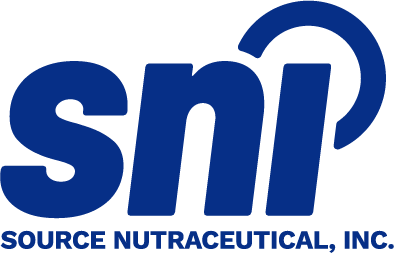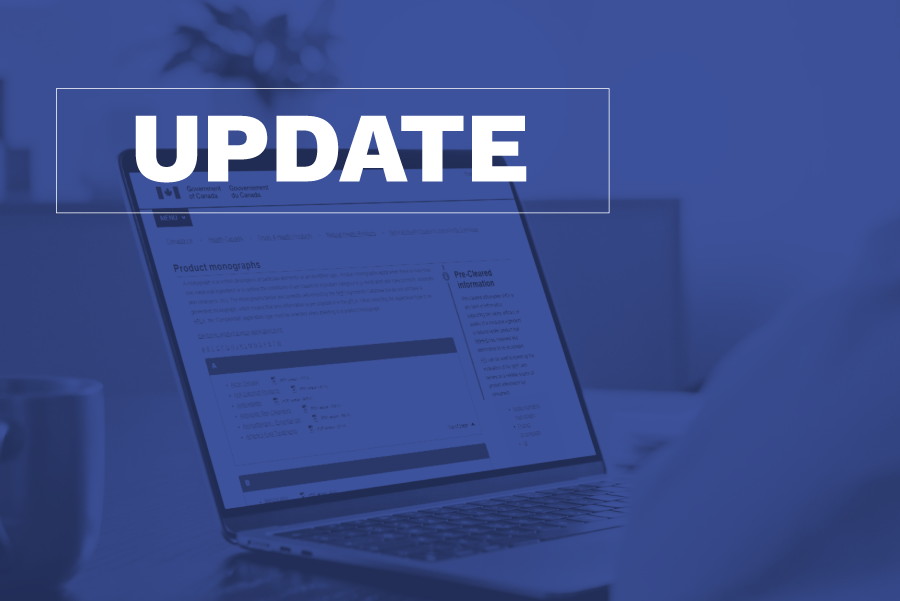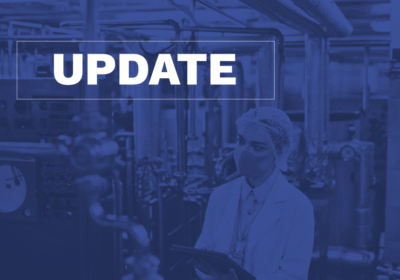If you’re working with Natural Health Products (NHPs) in Canada, it’s essential to stay ahead of Health Canada’s regulatory updates. As of April 25, 2025, five updated NHP monographs will be published, and they may impact product licences, labelling, and formulation strategies.
Whether you’re submitting a new Product Licence Application (PLA) or managing your existing NPNs, this is a key moment to review your application, product labels, marketing claims to align them with the new updates and monographs. Reach out to the SNI team if you have additional questions or require assistance with product labels for your NHPs.
New Monographs: Effective April 25, 2025
The following monographs will be published individually and reflect recent safety reviews and international harmonization:
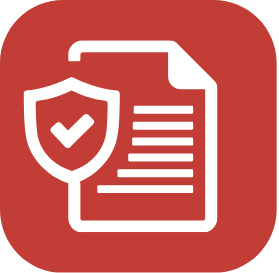
- Pseudoephedrine – Adolescents 12–17 Years and Adults
- Pseudoephedrine – Children 6–11 Years
- Borage Oil
- Flaxseed Oil
- Eleuthero (Siberian Ginseng)
If your product includes any of these ingredients, it’s important to assess whether your Finished Product Specifications (FPS), labelling, and marketing claims align with the new guidance.
Read our guide on preparing Finished Product Specifications (FPS)
Key Changes to Pseudoephedrine Monographs
Following a November 2024 InfoWatch update, Health Canada is making safety-driven updates to pseudoephedrine-containing products. These include:
- New cautionary statements for individuals with hypertension and kidney disease
- Addition of confusion and visual disturbances to the list of known adverse reactions
- Continued inclusion of severe headache
These changes align with:
- The upcoming Non-prescription Oral Adult Cough, Cold and Flu Labelling Standard
- The U.S. FDA OTC Monograph M012 (2022)
What Are Your Responsibilities as a Licence Holder?
According to Section 7.2 of the Natural Health Products Management of Applications Policy, product licence holders must ensure that any impacted products are updated to reflect new monograph standards.
Failing to comply could result in delayed submissions, enforcement actions, or even product delistings.
Learn how SNI can help with NHP compliance and PLA submissions

Minor Updates to Existing Monographs
Health Canada has also issued smaller changes to the following three monographs:
1. Caffeine
- Revised claim limitation from “400 mg or more” to “more than 400 mg” total daily caffeine
- Addition of “synthetic” to approved source descriptions
- Correction of French-language typos
2. Counterirritants
- Updated Class II/III combination note to require evidence of safety and efficacy
- Adjusted dosage guidance from “3–4 times per day” to “up to 4 times per day”
3. Acne Therapy
- Corrected a typo in the HTML version of the English monograph (PDF remains unchanged)
What You Should Do Next

Here’s how to prepare:
- Review your NHPs against the new monographs
- Update any affected labelling, specifications, or claims
- Note the monograph changes and discrepancies between licensed information and new updates
- Document the rationale for labelling changes, if any, as a result of the updated monographs
Stay Ahead of Compliance Changes
With Health Canada actively updating monographs, it’s more important than ever to keep your regulatory documentation current. Regular reviews of monograph updates, FPS documents, and PLA submissions can help you avoid costly setbacks.
For a complete list of published monographs, visit the Health Canada NHP Monograph Portal.
Need Help Updating Your NHP Submissions?
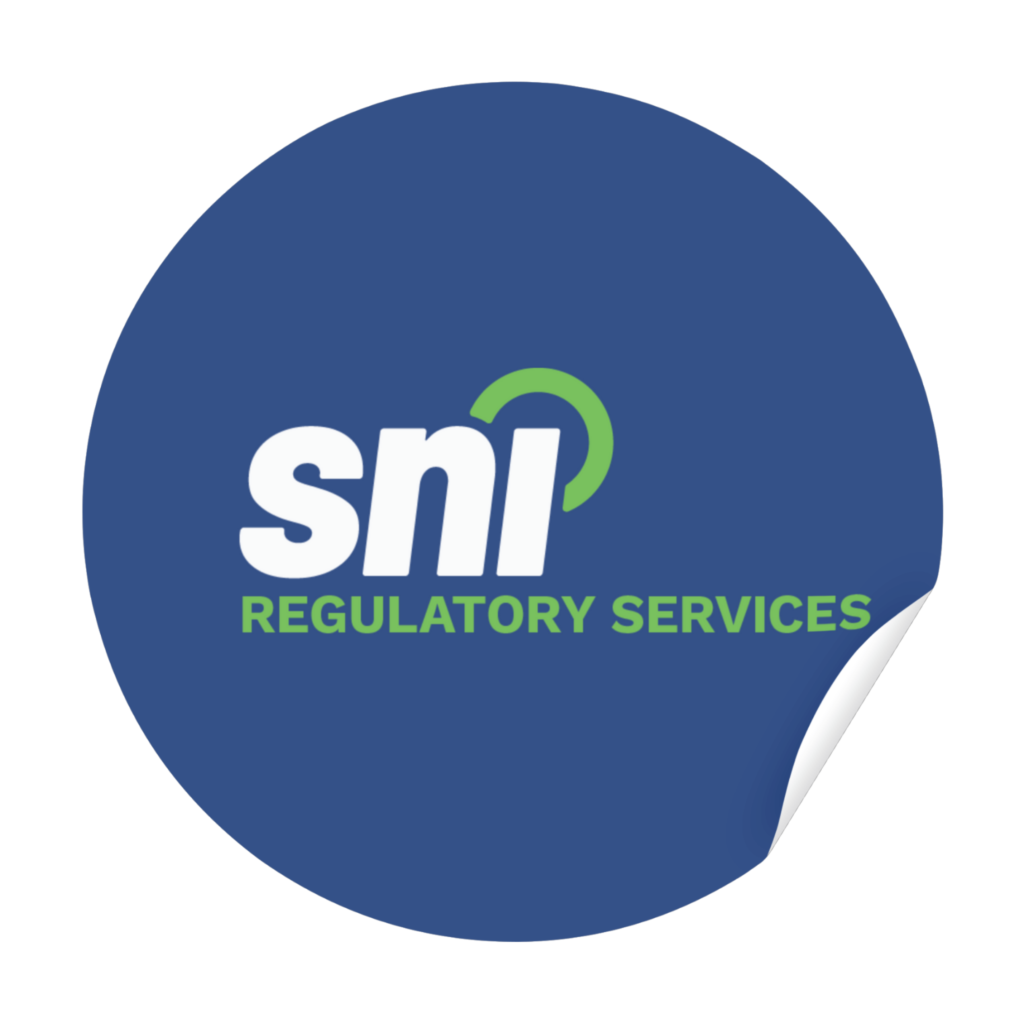
At Source Nutra, we support brands in navigating every step of the Health Canada licensing process—from regulatory strategy to FPS preparation, labelling reviews, and site licence support.
Contact us to find out how we can help you align with the latest NHP regulations and accelerate your product’s path to market.
